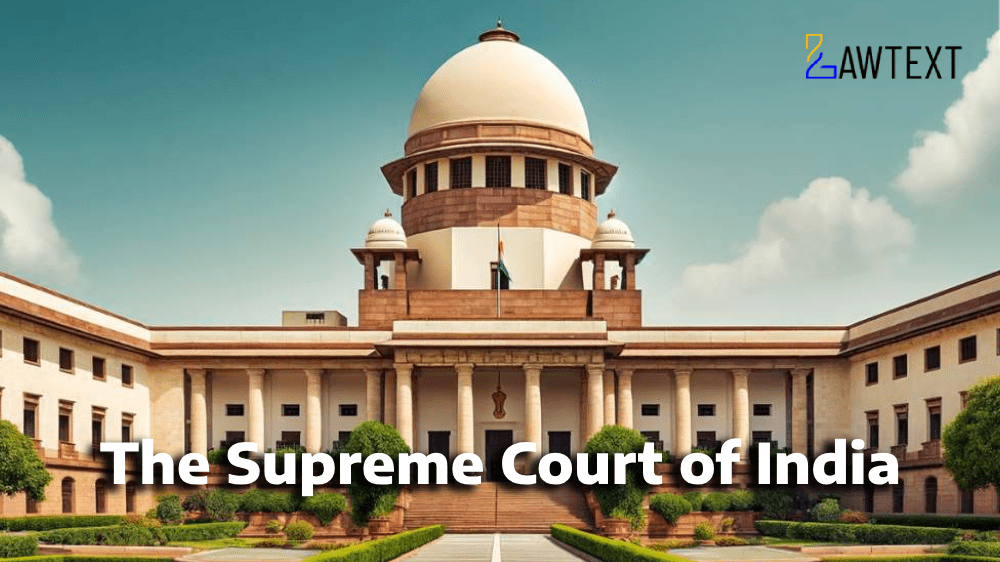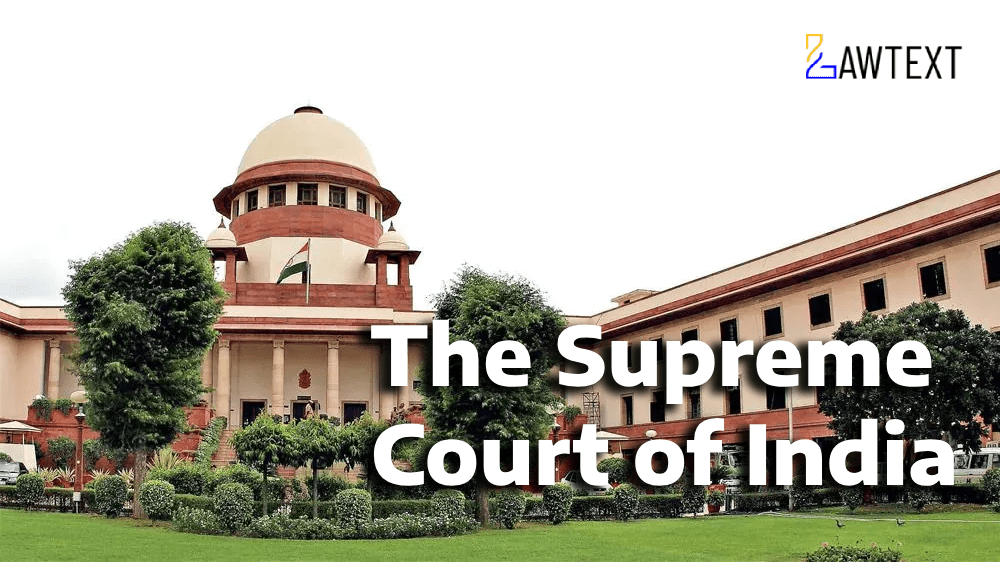Case Note & Summary
The case revolves around respondent no.1, a 100% visually impaired individual, who appeared in the Civil Services Examination (CSE) 2008 and was denied an appointment despite qualifying. Respondent no.1 filed multiple applications and petitions, arguing that the backlog vacancies under the Persons with Disabilities (Equal Opportunities, Protection of Rights and Full Participation) Act, 1995 (PWD Act, 1995) were not filled. The Central Administrative Tribunal (CAT) and Delhi High Court ruled in favor of respondent no.1, directing the Union of India to reassess the backlog vacancies and consider appointing visually impaired candidates. Despite several orders, including a Supreme Court directive, the Union of India failed to provide the necessary appointments. The Supreme Court ultimately invoked Article 142 of the Constitution to direct the Union of India to appoint respondent no.1 and other eligible visually impaired candidates from the CSE-2008 backlog.
Factual AspectsBackground of Respondent no.1:
Respondent no.1 is 100% visually impaired and appeared in CSE-2008. Gave preferences for IAS, IRS (IT), IRPS, and IRS (C&E). Denied appointment after the written test and interview.Initial Application and CAT Judgment:
Respondent no.1 filed Original Application no.2402 of 2009 before CAT, New Delhi. CAT directed UPSC and DoPT to calculate backlog vacancies as per the PWD Act, 1995. Respondent no.1 was informed he did not make the merit list for the PH-2 (VI) category.Subsequent Application and CAT Judgment:
Filed Original Application no.3493 of 2011 before CAT. CAT directed UPSC to adjust candidates selected on their own merits in the general category. Respondent no.1 was again informed he was not qualified for the PH-2 (VI) quota. The Union of India challenged this judgment, but the Delhi High Court dismissed the writ petition.Review Application and Further Litigation:
Respondent no.1 filed a review application pointing out unfilled vacancies for VI category. Filed a writ petition after the review application was rejected. Supreme Court noted other PWD candidates were granted appointments based on similar judgments.Supreme Court's Detailed Order:
Directed Union of India to reassess backlog vacancies for visually impaired candidates. Recognized the failure of Union of India to implement reservations under the PWD Act, 1995. SubmissionsAppellant's Submissions:
Respondent no.1 cannot be accommodated as per the affidavit dated 9th January 2024.Respondent no.1's Submissions:
Backlog vacancies must be calculated from 1996 to 2008. Highlighted availability of 42 vacancies for VI category candidates in 2008. Stressed the right of visually impaired candidates to compete in the unreserved category. ConsiderationHigh Court Proceedings and Affidavits:
High Court found Union of India failed to implement the PWD Act, 1995. Detailed the backlog vacancies and noted the non-exemption of IRS (IT) and IRS (C&E) for VI category.Analysis of Appellant's Affidavit:
Affidavit stated vacancies for VI category candidates in IRS (IT) and IRS (C&E). Noted the recommendation against reserving vacancies for VI category in IRS (IT) and IRS (C&E).Legal Provisions and Compliance:
Emphasized Section 33 of the PWD Act, 1995. No exemption notification issued as required under the proviso to Section 33. Backlog Vacancies Analysis: Highlighted the backlog vacancies from 1996 to 2017. Confirmed availability of VI category candidates for IRS (IT) from CSE-2014 onwards. Directions Supreme Court's Directions under Article 142: Consider respondent no.1 and other eligible VI candidates for backlog vacancies in IRS (IT) or other services. Take necessary action within three months, with appointments made prospectively. Appointees will not be entitled to arrears of salary but will have service counted for retirement benefits. Directions issued as a one-time measure, not to be treated as a precedent. Appeal disposed of with these directions.
Issue of Consideration: Union of India versus Pankaj Kumar Srivastava & Anr.
Premium Content
The Issue of Consideration is only available to subscribed members.
Subscribe Now to access critical case issues





